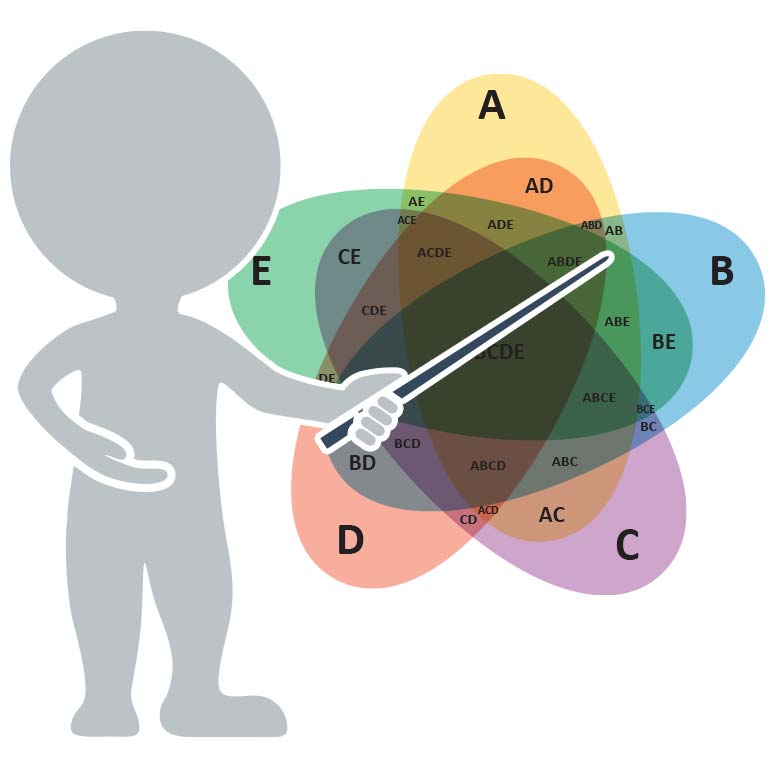Theater management wonk Joe Patti who operates the blog Butts In Seats took the time to write in with regard to the recent series of docent articles. He had some good observations and a few questions:
A great deal of what you wrote fired my imagination. I am a real proponent of getting volunteers involved and rewarding them. The problem I have faced is that administration looks upon their help as a forgone conclusion. There is a “Field of Dreams” assumption similar to the one made about audiences – if you are offering the opportunity to volunteer, then certainly people are going to want to do it so they can be associated with the wonderful things the organization does.
I didn’t check out the Denver Zoo marketing budget, but the fact that they estimated it only cost them about $25,000 to run a 300 person docent program is probably a minuscule portion of that budget. I took a quick look at the Baltimore Symphony’s 2002 IRS form 990 and they reported $1.5 million for marketing. Even if you are wrong and a docent program only cut 10% instead of your estimated 25%, $150,000 is still a fairly significant savings. Imagine what sort of docent training program you might have if you added half of those savings to the $25,000 you initially mentioned?
I also liked your idea about volunteers writing press releases. I am not as confident about the writing skills of volunteers as you are, but I have never tried it. This actually may be part of the answer to the boring press release thread Greg Sandow brought up. If you have people submit press releases that highlight why they are excited by the piece or person performing, you excise the boring “professionally” written junk. As you suggested, all it takes is an editor (who can resist the temptation to insert boring stuff) to polish it up.
Thanks for taking the time to write in Joe. Regarding the $25,000 the Denver Zoo administrators quoted as the cost for the program, they did say that figures does not include labor or staff salaries. But even with that added amount, your potential savings example using the BSO should be enough to get even the most persnickety bean counters in orchestra administration to take notice.
I would also add that I think many of the docents that volunteer their writing skills do so for educational material. I know that at least one of the docents that participated in the survey is a professional writer. Combine that with the fact that many of the docents are professional school teachers, with at least some having to have a major in English or Literature, I think you could easily end up with a very creative talent pool to draw from.


